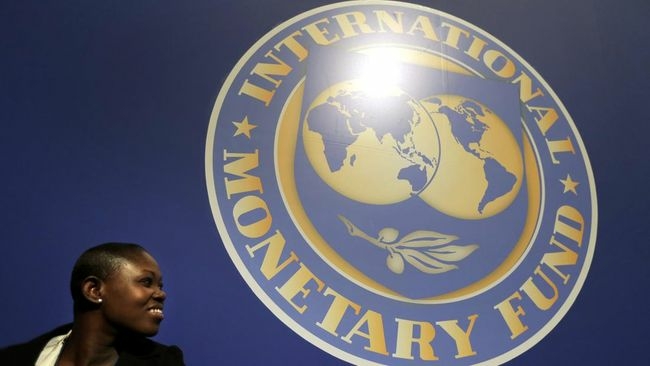- The IMF advised Nigeria to remove petrol subsidies and float the naira exchange rate, emphasizing that these reforms are domestic choices made by President Tinubu
- IMF’s Abebe Selassie clarified that while the organization recommends reforms, they are part of a broader policy package for economic stability
The International Monetary Fund (IMF) has reaffirmed its stance on advising Nigeria to remove its petrol subsidy and float the naira exchange rate.
This statement comes amid criticisms that the IMF and World Bank influenced President Bola Tinubu’s economic policies, which included these significant measures now driving inflationary pressures.
However, Abebe Selassie, the IMF’s African Region Director, clarified that President Tinubu’s decision to remove fuel subsidies was a domestic choice, not a mandate from the IMF.
Speaking at a briefing during the IMF and World Bank Annual Meetings in Washington, DC, Selassie emphasized, “This was a decision by President Tinubu. Our role is limited to regular dialogue, just as we have with other countries like Japan or the UK.”
In response to Premium Times’ inquiries, an IMF spokesperson reiterated that while the organization had recommended these reforms, they form part of a comprehensive policy package rather than standalone measures. “We stand by our advice, though it’s essential to see each piece as part of an integrated policy plan,” the spokesperson explained.
The IMF spokesperson also underscored the broader goals of its recommendations, which aim to promote economic stability and sustainable improvements in living standards.
This policy package includes social safety nets designed to assist Nigerians facing the effects of inflation and economic adjustment.
In its 2024 report on Nigeria, published in May, the IMF acknowledged the new administration’s “bold reforms,” noting efforts in revenue mobilization, governance, and enhancing social support frameworks as crucial for addressing Nigeria’s economic and social challenges.








Discussion about this post